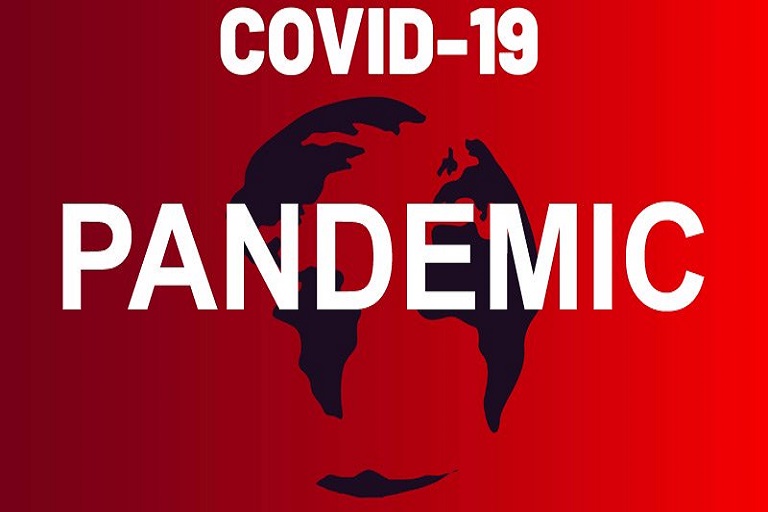The coronavirus pandemic is unlike any challenge the U.S. healthcare system has faced, and no area has been hit harder than New York. Northwell Health, which operates several hospitals in New York City, New York State and parts of Vermont, has found that using existing technologies in new ways has helped care teams with their response, and these strategies may be key in combating the ongoing crisis.
The numbers coming out of New York have been chilling. According to data compiled internally by Northwell, there have been 122,031 cases of COVID-19 in New York as of April 5, with 67,661 cases in New York City alone, and 3,128 deaths. As a health system, Northwell has seen more than 10,000 admitted cases thus far.
In a digital HIMSS20 presentation, Dr. Zenobia Brown, medical director and vice president of population health management at Northwell, said the system has deployed some new technology, but has also reimagined technology it had already been using to better address the pandemic.
“We are trying to be of help in any way across the country as other systems deal with the rapid nature of what happens when COVID comes to a big city,” Brown said.
On the ambulatory care side, Northwell has been using tech to connect the community to existing information and resources, with a focus on delivering the current information and guiding users through the material. A dedicated resource center on the system’s website has been channeling people to the content that will be the most effective, and guiding patients to information that is the most appropriate for their specific situation.
“The patient journey to healthcare is complex,” said Brown. “It requires a multitude of approaches that are supported by technology. While we sometimes like a chatbot to sort of solve everything, there needs to be a human component – empowering the human component to connect people to services in a rapidly changing environment.”
While it’s all well and good for a website to tell patients to call a certain number, the challenge that’s unique to this crisis is that the person taking the call has likely never handled patients during a global pandemic. It’s the first time many of them have responded to clinical questions or other questions related to a coronavirus.
To address this, Northwell has not only a special response group in place, but a custom workflow for those agents to let them know the most appropriate questions to ask, or the most relevant resources patients may need.
Patients have individual preferences in how they want to connect with the system and access information. Because of this, Northwell has had to be flexible, offering services through both high- and low-tech channels. Some may want a chatbot and online scheduling capabilities; some may not. The response needs to be nimble enough to adapt to each patient’s specific needs.
Northwell has been using the Conversa chat app, which provides scripted, diagnosis-specific chats to help monitor patient symptoms without the need for additional resources. It can provide people with COVID-19 test results, and information on the do’s and don’ts of quarantines.
On the acute care side, the Northwell response has been to emphasize telehealth services using Avizia.
“The federal and state governments have put our several guidances around telehealth and are now waiving the restrictions – as long as there’s a good-faith attempt, they’re literalizing what providers are trying to do with telehealth and telemedicine,” said Brown. “Our job is to make that as secure as we possibly can.”
The health system uses Avizia for ICUs, EDs and other acute and subacute settings to connect facilities with on-demand clinical services for subspecialties such as ICU intensivists, neurology and psychiatry. This has been rapidly expanded to multiple providers and locations, and has improved bed availability by optimizing ED, treat-and-release and inpatient transitions.
While the ideal would be an integrated referral system across multiple platforms, “the reality,” said Brown, “is that in this rapid cycle you need to leverage the systems you have, and recognize there’s a path of least resistance for physicians who can’t learn a whole new way of healthcare during this busy period.”
With their current capabilities, Northwell physicians can take a snapshot of patient information from the screen on which they were performing the discharge summary. This capability is facilitated through Microsoft Teams.
“This platform has allowed us to work at scale across our organization, and have a shared understanding of what is happening with our patients and our population,” said Brown.
In terms of data and analytics, Brown has found that the relevant dashboards should include everything from bed availability to confirmed negative cases and isolated beds.
“One of the things Northwell has done very well is it has democratized the COVID information on our health information exchanges internally,” she said. “Those tools have been incredibly powerful for our clinical and nonclinical teams.”






























